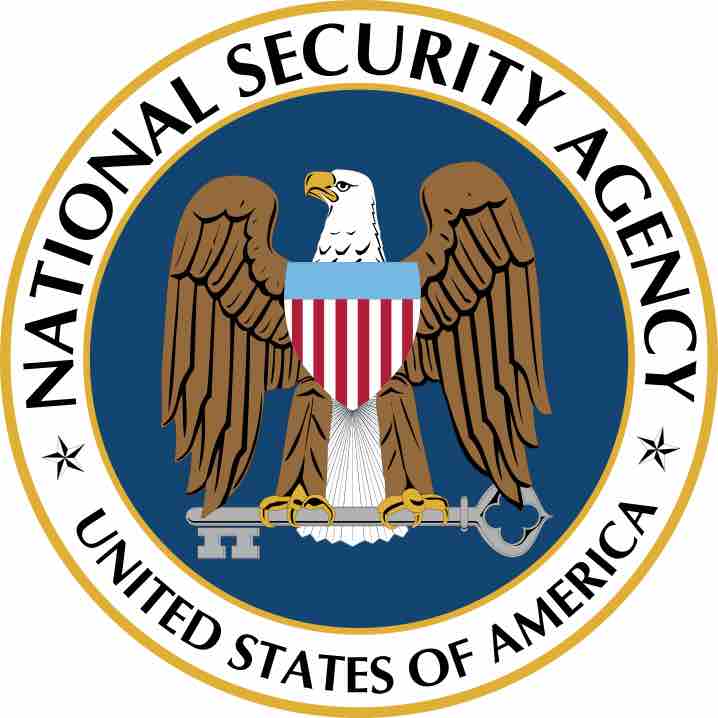Background
Since September 11, 2001, a number of high-profile incidents and security scares have occurred in Washington, D.C. In October 2001, anthrax-contaminated mail sent to members of Congress infected 31 staff members and killed two U.S. Postal Service employees. Issues in disclosing information and the surveillance of the population has created new grounds for citizens to battle the constitutionality of security policies enacted after September 11.
The Fourth Amendment and Issues on Privacy
The Fourth Amendment has been held to mean that a warrant must be judicially sanctioned for a search or an arrest. In order for such a warrant to be considered reasonable, it must be supported by probable cause. It also must be limited in scope according to specific information supplied by a person (usually a law enforcement officer) who has sworn by it and is therefore accountable to the issuing court. The Fourth Amendment applies to governmental searches and seizures. It does not apply to searches and seizures done by private citizens or organizations not acting on behalf of a government. The Bill of Rights originally only restricted the federal government in these matters. However, in Mapp v. Ohio, 1961, the Supreme Court ruled that the Fourth Amendment applies to states by way of the Due Process Clause of the Fourteenth Amendment. Moreover, all state constitutions contain a similar provision.
The protection of private conversations has been held to apply only to conversations where the participants have manifested a reasonable expectation that no other party is listening in on their conversation.The Fourth Amendment does not apply in the absence of such a reasonable expectation, and surveillance without warrant does not violate it. Privacy is clearly not a reasonable expectation in the many countries where governments openly intercept electronic communications, and is of dubious reasonability in countries against which the United States is waging war.
The law also recognizes a distinction between domestic surveillance taking place within U.S. borders and foreign surveillance of non-U.S. persons either in the U.S. or abroad. In United States v. Verdugo-Urquidez, the Supreme Court reaffirmed the principle that the Constitution does not extend protection to non-U.S. persons located outside of the United States. This means no warrant would be required to engage in even physical searches of non-U.S. citizens abroad.
All wiretapping of American citizens by the National Security Agency requires a warrant from a three-judge court set up under the Foreign Intelligence Surveillance Act. After the 9/11 attacks, Congress passed the Patriot Act, which granted the President broad powers to fight a war against terrorism. The George W. Bush administration used these powers to bypass the FISA (Foreign Intelligence Surveillance Act) and directed the NSA to spy directly on al Qaeda in a new NSA electronic surveillance program. Reports at the time indicate that an "apparently accidental glitch" resulted in the interception of communications that were purely domestic in nature. This action was challenged by a number of groups, including Congress, as unconstitutional.

National Security Agency
The seal of the U.S. National Security Agency. The first use was in September 1966, replacing an older seal which was used briefly.
Publication of Unclassified Information
Publicizing information as part of the First Amendment has produced legal and security repercussions between the citizens and the government. The Intelligence Community Whistleblower Protection Act of 1998 is a statutory procedure for a "whistleblower" in the intelligence community to report concerns with the propriety of a secret program . Essentially, the Act provides for disclosure to the agency Inspector General, with an appeal to the Congressional Intelligence Committees if the result of that disclosure is unsatisfactory. Former NSA official Russ Tice has asked to testify under the terms of the Act to provide information about highly classified Special Access Programs (SAPs) that were improperly carried out by both the NSA and the Defense Intelligence Agency.
It is unlikely that the New York Times could be held liable for publishing its article under established Supreme Court precedent. In Bartnicki v. Vopper, 532, the Supreme Court held that the First Amendment precluded liability for publication of illegally obtained communications if the topic involves a public controversy and the information was not obtained by a media defendant illegally. The high court in Bartnicki gave the radio station in question a pass because it did nothing itself illegal to obtain the information, even though the initial broadcast of the information was illegal.